 Through our Helpline and the Sexual Assault Care Centre (SACC), the Association of Women for Action and Research (AWARE) has assisted thousands of women with experiences of gender-based violence, including sexual violence. We welcome the efforts to improve victims’ experiences of the criminal justice system. Only with adequate support can victims effectively and safely engage with the processes for holding offenders legally accountable.
Through our Helpline and the Sexual Assault Care Centre (SACC), the Association of Women for Action and Research (AWARE) has assisted thousands of women with experiences of gender-based violence, including sexual violence. We welcome the efforts to improve victims’ experiences of the criminal justice system. Only with adequate support can victims effectively and safely engage with the processes for holding offenders legally accountable.
At the same time, the criminal justice process must have due regard for the rights of suspects. Victims of gender-based violence seek fairness and accountability in the criminal process. In many cases, the perpetrator is someone previously known to them. A perception that criminal investigations are unduly harsh on suspects can deter victims from reporting. It is in everyone’s interest that criminal investigations respect the rights of suspects.
Our proposal consists of two sections. Section A offers comments on several of the proposed amendments, and Section B offers further recommendations to achieve a more victim-centric criminal justice process.
Below is a brief summary of our submissions in each section, but further explanations can be found in the full document:
A) Comments on proposed amendments
– We welcome the use of video recording for police interviews with suspects and witnesses in the service of due process.
– However, we recommend against the video recording of police interviews with sexual assault complainants as it is likely to inhibit the rendering of a full account.
– We support the proposals to protect the identity of complainants of child abuse and sexual offences, to allow them to give evidence by video link (though we question the need for a psychologist’s or psychiatrist’s report), to use a physical screen in the courtroom to shield them from the defendant, and to automatically have them testify in camera (though we seek clarity on the issue of victim advocates being present for this).
– We strongly support the proposal to disallow questioning on prior sexual history and behaviour of sexual assault victims that do not relate to the charge, as we have asked for similar protections before, but we seek greater clarity on the scope of the exemption for where this would be “manifestly unjust”.
B) Further recommendations
– Counselling and other professional communications supporting sexual assault victims should be privileged.
– Self-representing defendants should be prohibited from cross-examining sexual assault complainants.
– Victims should have the right to accompaniment by a victim advocate throughout the criminal justice process.
– Section 424 of the Criminal Procedure Code should be reviewed, and in particular the scope of the “reasonable excuse” should be clarified as it relates to victim support services such as SACC.
– The use of the polygraph lie-detector test on sexual assault victims is traumatising and lacks scientific basis; it should be discontinued and prohibited.




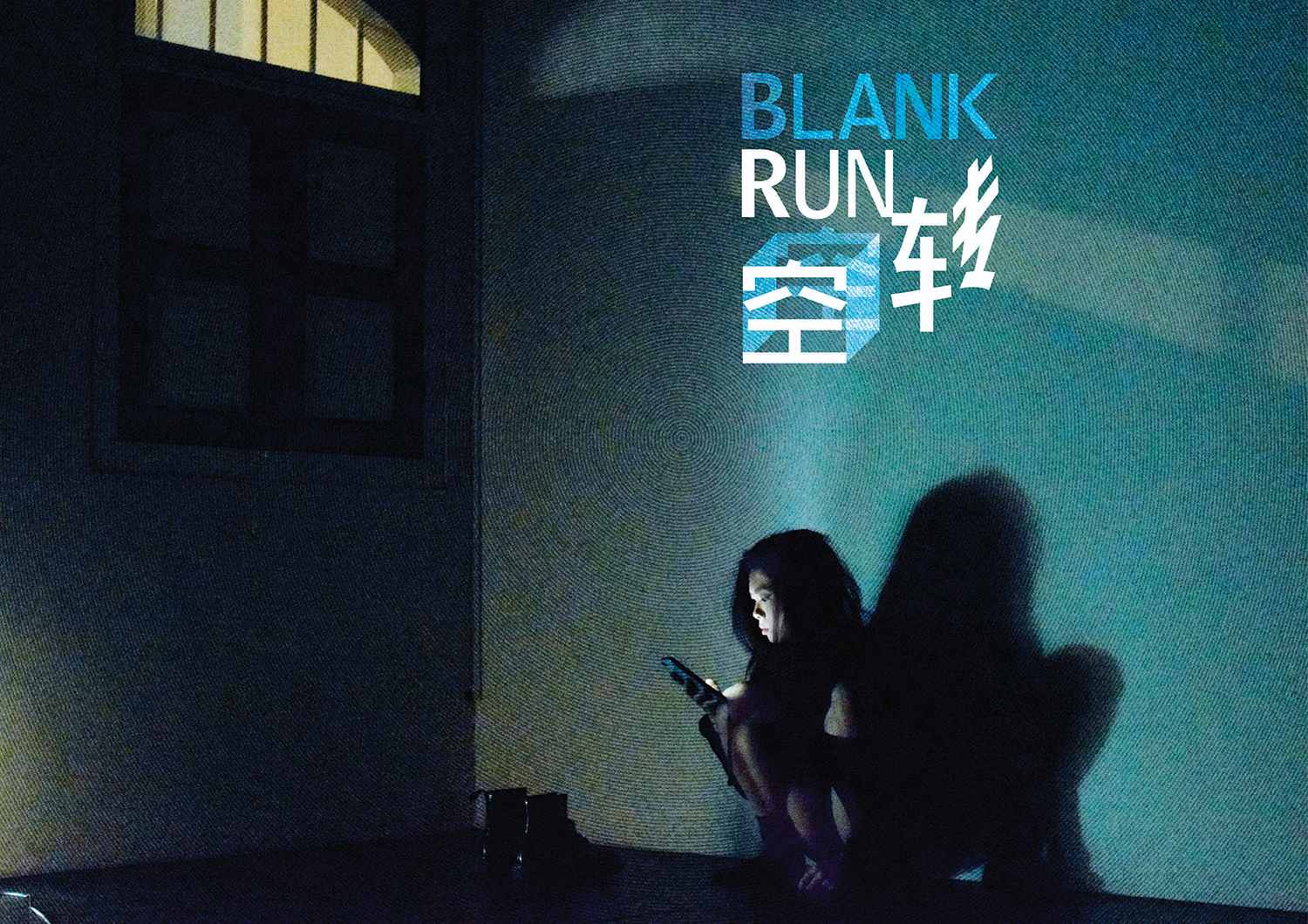 Can one reconstruct a clear and authentic memory of a traumatic event?
Can one reconstruct a clear and authentic memory of a traumatic event?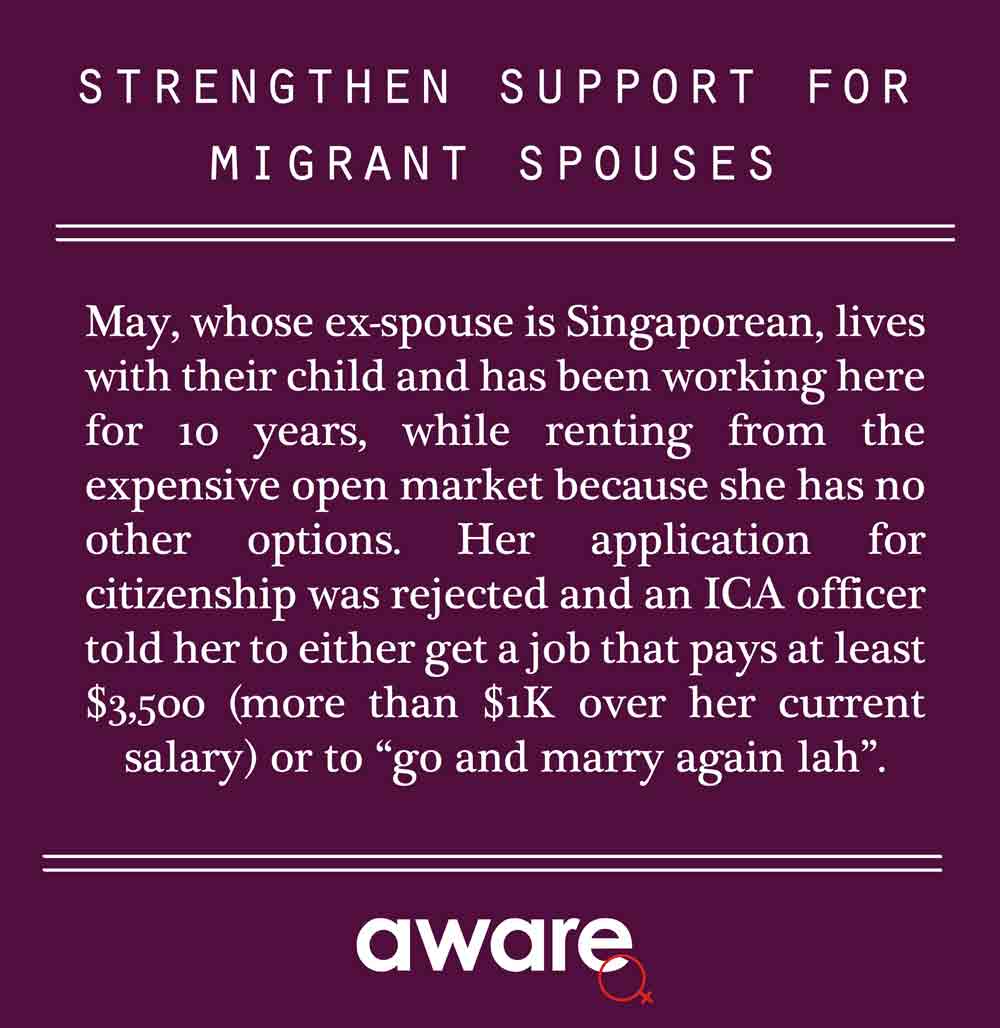 May* is a Singapore PR, who has been living and working in Singapore for ten years. She was married to a Singaporean before getting divorced. They have a child together, also a Singaporean, who now lives with May.
May* is a Singapore PR, who has been living and working in Singapore for ten years. She was married to a Singaporean before getting divorced. They have a child together, also a Singaporean, who now lives with May.
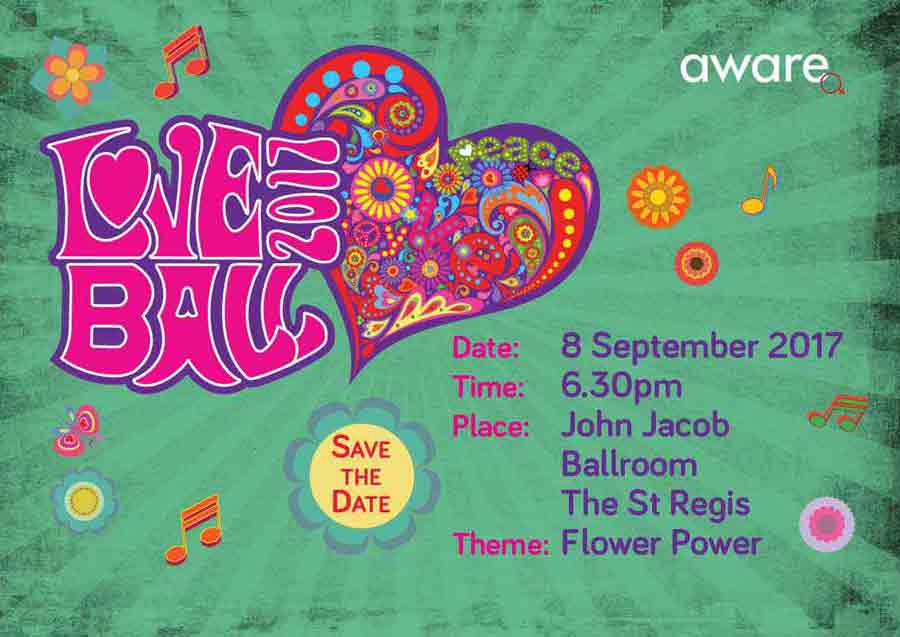
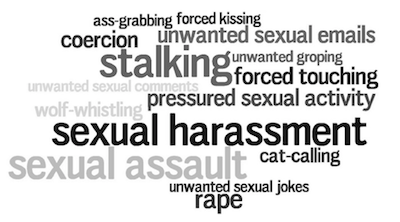 In 2015, 162 rapes were reported to the police in Singapore. While low numbers of sexual crimes may seem like a good thing, in reality, that can mask the fact that many survivors simply do not report their assault.
In 2015, 162 rapes were reported to the police in Singapore. While low numbers of sexual crimes may seem like a good thing, in reality, that can mask the fact that many survivors simply do not report their assault.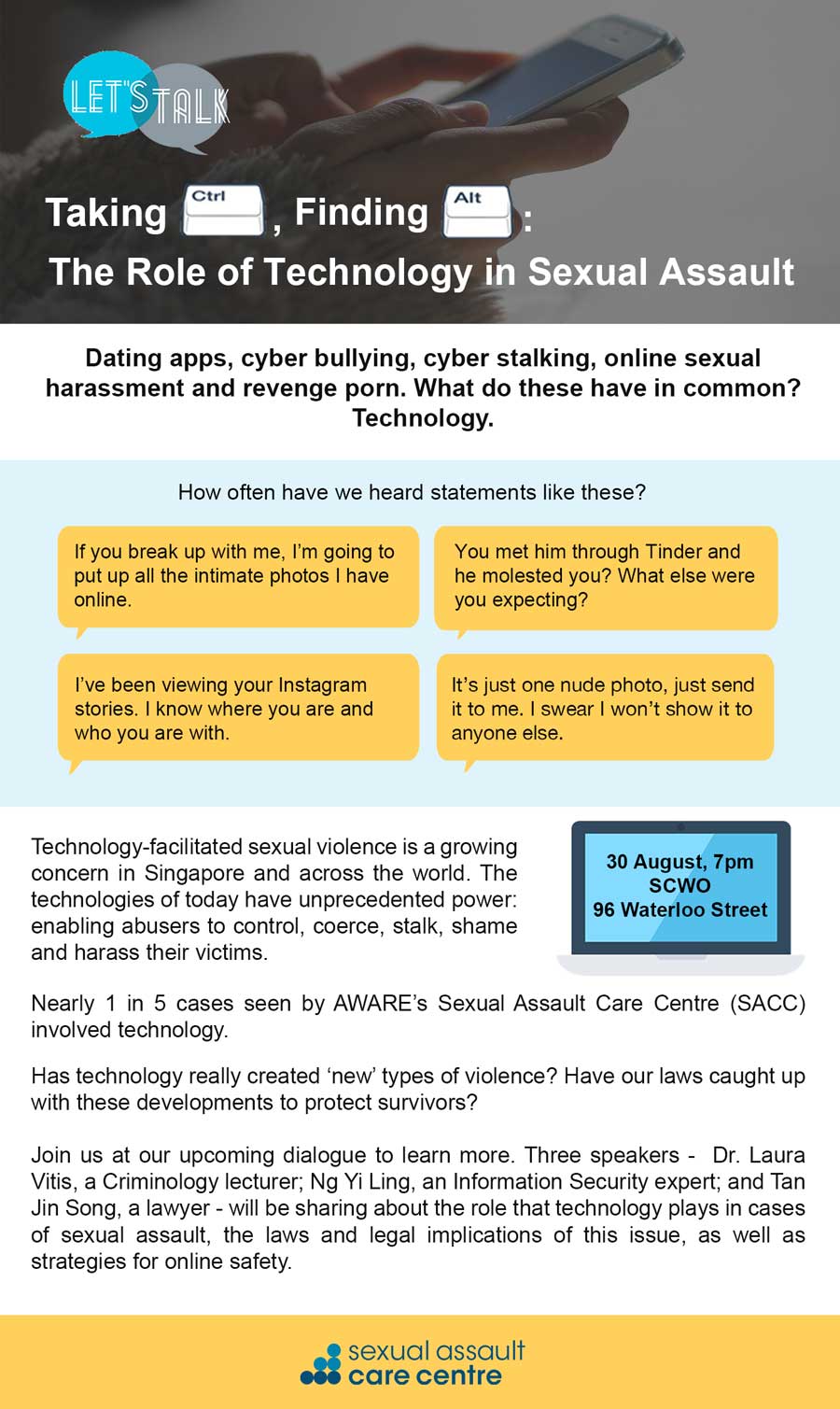

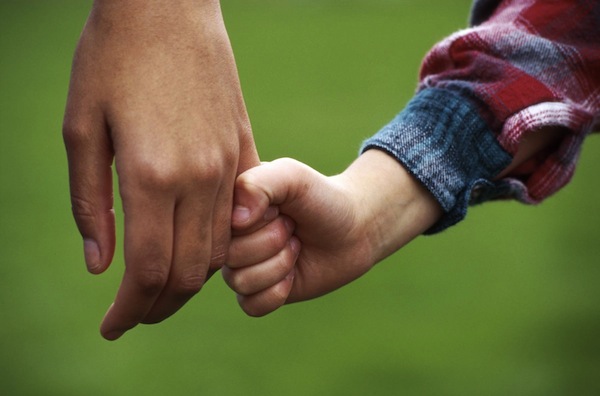 any parents are not aware that taking their own child to another country without the consent of the other parent could be viewed as “abduction” under the Hague Convention. Since Singapore became a signatory in 2010, the 1980 multilateral treaty has been a source of struggle for a number of often
any parents are not aware that taking their own child to another country without the consent of the other parent could be viewed as “abduction” under the Hague Convention. Since Singapore became a signatory in 2010, the 1980 multilateral treaty has been a source of struggle for a number of often